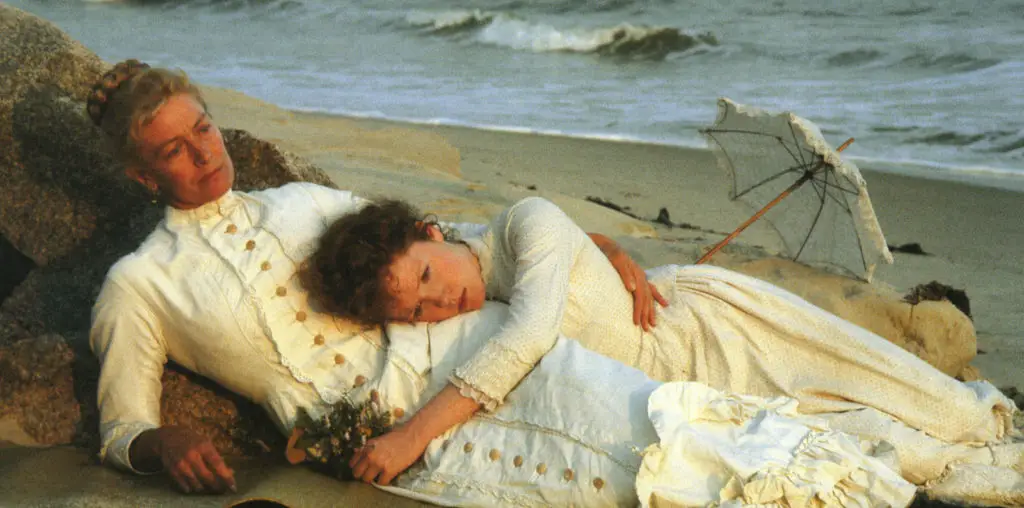
Venturing out beyond religion into a life without the presence—or “security”–of a god was a big step for me, and being an atheist I can sympathize for director Flemming who felt that denying or doubting his religion really was a horrifying ordeal. It was Einstein who mused in one of my favorite quotes of all time: “The important thing is not to stop questioning. Curiosity has its own reason for existing. One cannot help but be in awe when he contemplates the mysteries of eternity, of life, of the marvelous structure of reality. It is enough if one tries merely to comprehend a little of this mystery every day. Never lose a holy curiosity.”
Religion asks and many times demands that you don’t particularly question it and just dive in head first. But Flemming dares to ask why. And for doing so, it makes his account all the more intriguing. He manages to examine many oddities of both religion and the bible; whether it’s the undeniable gap in Jesus’ life, the very questionable origins of Christ, the Christian churches obsession with sacrifice and blood and the accounting of the odd preference of “The Passion of the Christ” as the exemplary film for the depiction of the last days of Christ. One can really only imagine with horror how parents took their children to see “Passion of the Christ” and forced them to watch this man be tortured to death almost endlessly.
Imagine: their first snuff film ever in the guise of some holy ritual. Why do the Christians feel the need to see such a thing, especially in this heavily populated Christian Conservative society which is angered by two men kissing on television yet don’t really mind watching a bound nearly nude man being tortured and whipped? Truly though, you can’t deny Flemming’s methods harkens to Michael Moore with quirky pop music contradicting the scenes before us, wry commentary, sneaky editing, and catching his interview subjects off guard, but it’s the material throughout this documentary that really will either cause one to gasp with a realization, or delve in to a further heavy state of denial or content.
Throughout the film, Flemming interviews many religiously devout authors, and many whom realized religion was in fact not as pure as they were taught to believe. He also examines the commonly unknown fact that there has never been an atheist killer, and people from Charles Manson down to people like Pat Robertson are indeed religious fanatics. Though “God” isn’t exactly a sleek account, it sure is fascinating and engrossing in its content and examinations of the bible and its many contradictions that none of the religious experts can really explain. They always go back to “Have faith”. “The God Who Wasn’t There” is a startling glimpse at the layers beneath religion and much of what’s been hidden from its followers. And much like Henry Drummond’s anecdote of the golden rocking horse in “Inherit the Wind” it’s the journey of a man who devoted his life to religion only to find nothing underneath.
